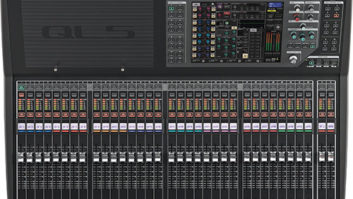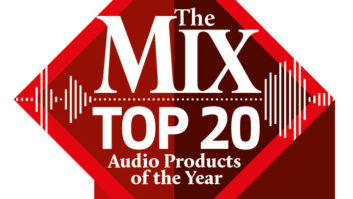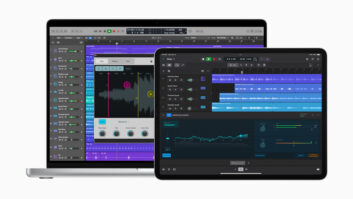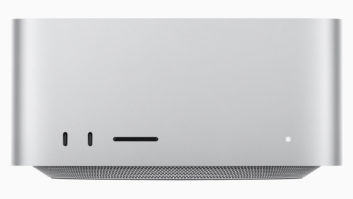Craig Anderton

Since its introduction, the Mac’s share of the pro audio market has been hugely disproportionate to its general market share. It upended the Amiga—at the time, a better choice for multimedia—and the Atari line, which promoted its musical chops. Even during the dark days of Mac clones and continuing PC dominance, the Mac was the choice of creative types. For music, I was raised on the Mac for a decade before adding Windows to the mix in 1995. To this day, I use both Mac and Windows desktops and laptops.
But there are signs Apple might be losing its grip. A recent poll by Pro Tools Expert asked “What will you replace your current Apple Mac Pro Tools computer with?” I was shocked that over 50 percent said they would switch from Mac to Windows, or to a “Hackintosh” computer running OS X on PC hardware.
From a statistics standpoint, the results of a self-selecting survey of a small universe are essentially meaningless. But…then there was that panel discussion I moderated at NAMM about the future of music and computers, and one of the panelists asked if I was going to address the growing dissatisfaction among Mac users. I’ve also kept my finger on the pulse of some Windowsonly software, which is experiencing growth. All of this is anecdotal, but still….
Then again, this may just be the “leapfrog effect” that’s inherent in the high-tech world. Although current Mac hardware can’t keep up with current Windows hardware for cost vs. performance, that’s because the current Mac Pro line is at least a couple hardware generations behind Windows machines. If Apple was to unveil a new line of killer Mac Pro machines that were workstations instead of lifestyle computers, that would solve everything…right?
Depends. Much of our industry has invested in hardware that requires ports, slots and expandability. Thunderbolt adapters can work with legacy hardware, but the old “cheese grater” Macs were a neat, expandable solution. An “R2-D2” Mac, while fast and capable, has to sprout multiple connectors and peripherals to cover the same territory as the tower-format Macs.
Recently, Apple CEO Tim Cook told a shareholder Q&A session that the pro area remains important to Apple. For the faithful, that was the sign they needed to feel secure that Apple would continue to address the needs of creative types, including pro audio. For the skeptics, the feeling was that Cook might not know the difference between professionals and prosumers, and they pointed to the Final Cut Pro X fiasco. They believe that with desktops and tablets fading, Apple is a cell phone company.
Of course, we don’t know who will be right; for those who need performance right here, right now, Windows machines are an attractive answer. But how committed is Microsoft to the pro space? Pro audio means virtually nothing to either company’s bottom line. Nonetheless, there have been encouraging signs like better native audio, multi-client MIDI and BLE-MIDI (although Apple got their first). While these seem targeted at a better consumer experience, they may hint at a future with relevance to pros, too. And in a nod to the creative niche market, Microsoft’s pricey Surface Studio is all about touch interaction and the Surface Dial. The only direct comparison is a fully loaded iMac—which costs less, but like the desktop line, is at least a generation behind. I’m seeing college kids salivating over the Surface Studio and passing by the iMac. It would be a cruel twist if the Mac becomes seen as “your father’s computer.”
When wavering Mac users ask if they should switch to Windows, my advice is, if your current setup is working, wait. You never know what rabbit Apple will pull out of a hat, and perhaps a mind-blowing generation of workstation computers is just around the corner. And if not, Windows may keep evolving in a direction that’s pro-friendly and it will be more worthwhile to jump on that train in a year or two anyway. But if your needs are immediate and you want to spend less money for high performance and can cope with the radical software change of moving to a different OS and all that entails, Windows has the edge. For now. But as Yoda said, “Always in motion is the future.” So ultimately, we’re back to the dilemma that has faced pro audio since computers first came on the scene: stay put, or upgrade. And as always, there’s no one-size-fits-all answer.






